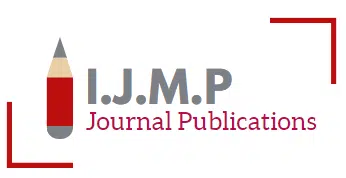Standard Bank’s Chief Economist, Mr Goolam Ballim, led a robust discussion on President Cyril Ramaphosa’s turnaround strategy for South Africa in Johannesburg at Crown Plaza Hotel, Rosebank, late last month.
The evening’s Masterclass, which was hosted by REGENT BUSINESS SCHOOL, a member of Honoris United Universities, included an interactive session with the audience that comprised senior managers, leaders and captains of industry. The event was an important component of the institution’s Critical Conversations series.
Ballim’s presentation sparked a lively debate relating the discussion topic of the evening: The Future of South Africa’s Political Economy in the 6th Administration – Quo Vadis?
After providing a broad canvas of the exigencies of the global political economy, Mr Ballim drew a depressing metaphorical portrait of South Africa which showed how key institutions of the state, such the National Prosecuting Authority, the Treasury, SARS and other Law Enforcement Agencies were, in various ways and to varying degrees, undermined in recent years.
Mr Ballim said he was heartened that President Ramaphosa had undertaken to restore these institutions and he acknowledged that the various presidentially appointed enquiries would also be catalytic in, eventually, restoring trust in the government.
Mr Ballim illustrated to the audience that the most prosperous economies were underpinned by sound and credible public institutions. Indeed, where such institutions unravelled, socio-economic performance swiftly relapsed.
Notwithstanding the precarious of the SA economy, the speaker was optimistic that the intrinsic values of these institutions are being restored and history will like judge 2019-20 as stabilisation years, with measurable growth traction ensuing from 2020.
Complementing Mr Ballim’s remarks, Dr Shaikh suggested “We need to find the collaborative intersections necessary for an inclusive and successful development trajectory of South Africa’s political economy”. “There is a definitive spirit and desire to finding long-term solutions to the challenges we face so we can foster an inclusive and sustainable development path.”
In his response to the many questions that were posed to him, Mr Ballim did outline the multiple challenges and concerns facing most South Africans, but also expressed a subtle note of determined optimism. He emphasised the necessity of all social formations in the country to coalesce around a social compact, however fragile, to bring about constructive change to extricate the country from low growth and high inequality.
He also welcomed the reestablishment of cords between the ANC and its alliance partners, the SACP and COSATU. He opined that this would, somewhat, assist in reducing overall political tensions in the country and make progress in uncovering enduring solutions that balance the need for structural reforms alongside the urgent need for economic transformation.
More lively debates and discussions ensued after the Masterclass, especially at the Finger Supper and Networking session.

